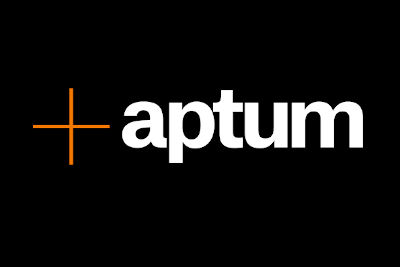Earlier in the year we produced a four-part video series about the legal impacts of COVID-19 on Australian businesses.
Part 1 of that series introduced the need for a practical framework in dealing with business uncertainty, with parts 2-4 focused on addressing these specific problem areas:
- Supply agreements
- Insolvency
- Commercial disputes.
As we begin the return to normal trade and experience a changing legal landscape, now is a good opportunity to build upon the advice we provided for these problem areas to prepare for the challenges brought on by our altered business relationships, agreements and performance during this time.
Supply agreements
One of the difficulties businesses are facing during COVID-19 is meeting obligations to supply goods or services, or oppositely, being unable to service customers because of supply issues.
If you have worked with your suppliers or customers to create realistic and temporary supply solutions for COVID-19, consider the circumstances surrounding a return to normal. Was a date, or a change in COVID-19 restrictions specified as when the original agreement would be restored? If you haven’t already, communicate openly and honestly about when this should be, and ensure it is put in writing. Don’t assume a return to normal will follow when business performance improves, as this will differ between businesses and can create conflict.
Continue to identify alternative supply options and look beyond your existing contractual relationships.
Heightened risk of insolvency
The government’s temporary insolvency and bankruptcy protections which were due to expire on 25 September 2020 have been extended until 31 December 2020.
This means directors will continue to be protected from personal liability in certain circumstances, such as trading whilst insolvent if debts incurred after March 25 2020 are in the ‘ordinary course of the company’s business’. Debt thresholds for creditors have also been raised. This will likely prevent many businesses from collapsing during COVID-19. However, for many other businesses these extensions will only be delaying consequences, not preventing them.
Don’t fall into the trap of kicking the can down the road and losing sight of your immediate obligations to keep your company solvent. When these protections do expire (and it is not yet certain when this will be), insolvent companies and their directors will be treated in the normal way.
In the same vein, be mindful of issuing further debt under these extended insolvency protections. If you have persisted with strained supply relationships during COVID-19 where you have continued to compromise on the amount, or date, of payments owed to you, there is a heightened risk of that supplier later becoming insolvent. During liquidation of a company, payments previously made to creditors to fulfil existing contracts can be clawed back under rules governing the priority of insolvency payments.
Commercial disputes
Finding practical ways to maintain commercial relationships has been critical for some business to survive. But if you have been forced to agree to a temporary supply agreement that is outside of your contractual agreement, consider if it is worth suing for that loss of supply.
Now is also a good time to start assessing any debts or losses incurred through changes to business relationships during COVID-19. Ask if it is viable for you to recover them. In circumstances requiring more urgent intervention, court orders can be obtained to restrain behaviour outside of contractual arrangements that hasn’t been able to be controlled amicably and without escalation.
To get immediate clarity on what your business is facing, contact Aptum.




